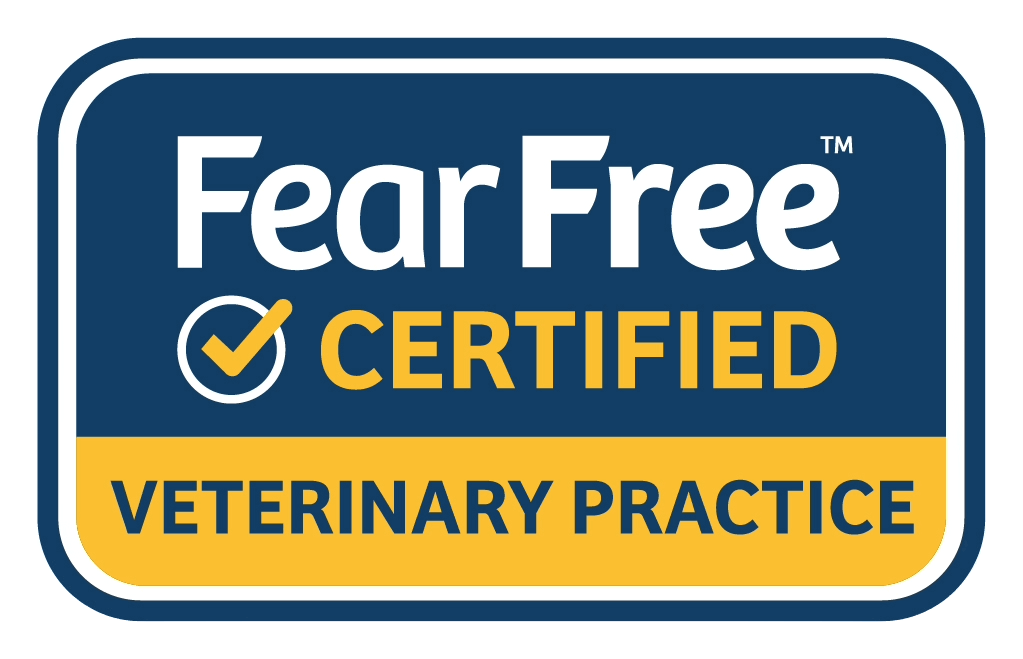Diseases on this planet are constantly emerging, changing, and evolving. The medical society must research constantly to keep up and provide adequate protection against these diseases. A vaccination is a medical procedure that is used to stimulate the immune system to produce antibodies. Your pet's veterinarian determines which vaccines your pet needs and when. To help veterinarians keep current we have protocols published by the American Animal Hospital Association (AAHA), and the American Veterinary Academy of Feline Practitioners (FelineVMA). The CDC and other international organizations are also watching for, and reporting diseases constantly.
Ideally, everything would be standard and that would be that. However, veterinarians must pay attention to the lifestyle of your pet and then make recommendations based on what vaccines are necessary for proper protection. Every pet patient is different.
Puppies and kittens are the most vulnerable to infectious disease. The grocery list of vaccines that dodge disease can sound daunting: parvo, distemper, adenovirus, herpes, calici, panleukopenia, and rabies, to name a few. When you have a youngster, it may seem like vets are always reminding you that it's time for another booster. It’s a lot to keep up with.
Veterinarians can’t stress how important it is to keep up with vaccinations. WHY? These diseases still exist; even rabies. A puppy in Mt. Juliet was diagnosed with rabies in recent years. Whenever we think we’ve really got something under control, nature sneaks up on us again. Tennessee state law states rabies immunization should be given between the ages of 12 weeks to 6 months to kittens and puppies. After that news, veterinarians recommend never dragging your feet on your ‘puppy/kitten shots.’ It’s just too scary to wait.
A warning about over the counter farm supply vaccines and vaccines purchased online:
Veterinarians can’t recommend “DIY vaccines”. Inexpensive vaccines that can be purchased at farm supply stores and those sold online have the potential to be stored, handled, or administered improperly; thus making them ineffective at stimulating the immune system leaving your pet unprotected and susceptible to disease. Vets are trained on how to store, properly mix and administer vaccines, as many of them contain live pathogens.
Ask your veterinarian to help customize your pet’s vaccine protocol. They are the experts, they know what they're doing, and they are staying on top of it. Also, keep in mind that some of the diseases your pet is vaccinated for can be transmitted to people. Therefore, vaccination protocols are not only in place to protect your pet, but your family as well.
And as always, here’s to the health of your family… no matter how many feet, or even if they walk, slither, or fly.
Noel Lucas, DVM


